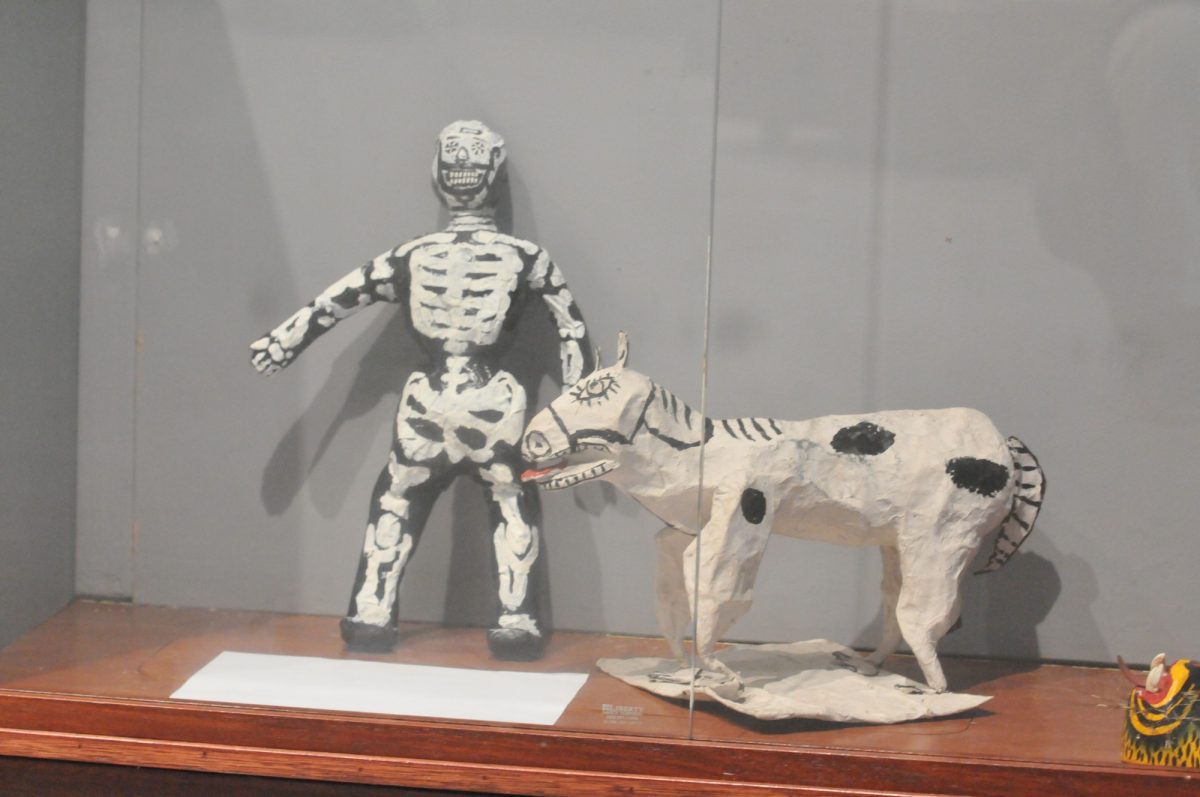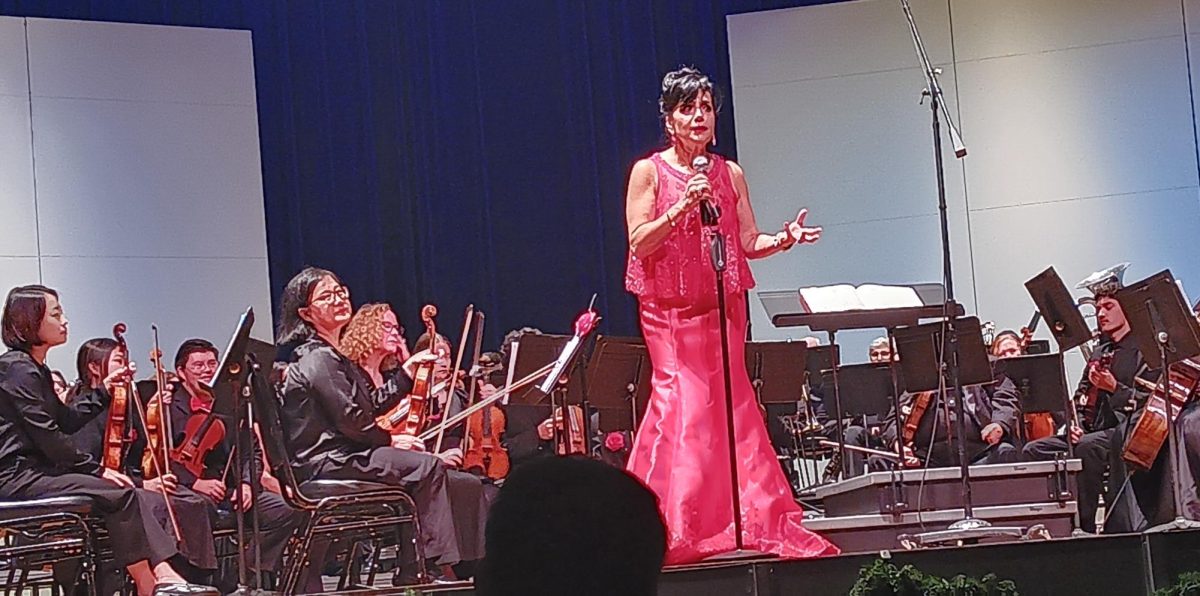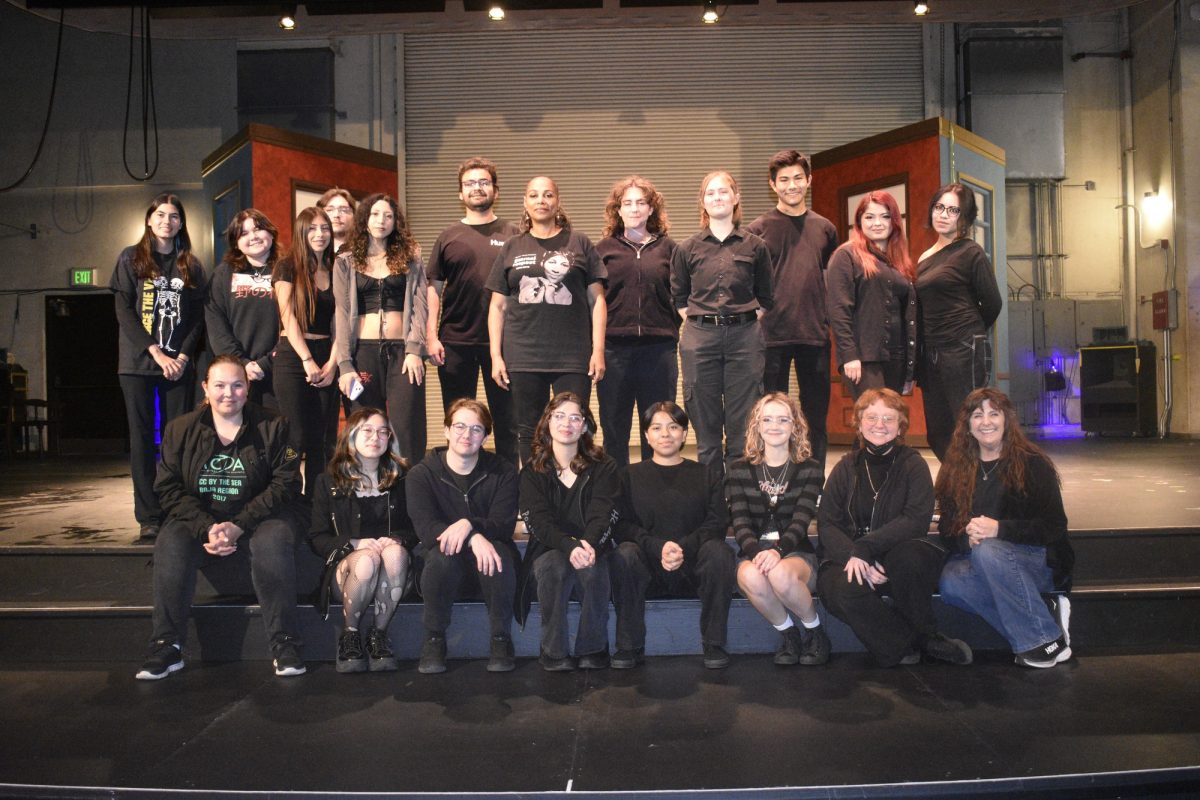Abuse victims are everywhere. Some don’t even know it, and it takes personal contact to spot it. Many abuse victims are hurt more emotionally than physically because each scar reminds them of the events that occurred.
Victims of abuse don’t usually listen to family or friends, and as the relationship deepens, it becomes harder for them to realize the abusiveness of their relationship.
According to My-Dating-Advice.com, people should spot abuse early in their relationship by noticing a pattern in their partner’s behavior. Abusive people tend to be extremely jealous, possessive and often want to control every aspect of someone’s life.
“Her boyfriend always questioned her about who she was with, and at one point he wouldn’t let her hang out with me because I’m single and I’m ‘Always looking fori guys’ and that he doesn’t trust her around me,” Marina Shaker, psychology major, 19, said about her friend of hers who was in a abusive relationship.
Their jealousy can even spread toward friends and family members. Many experience verbal threats, manipulation and a blow to their self-esteem; abuse is not always associated with violence.
“He would somehow manipulate the argument to be my fault and I would be the one saying I’m sorry,” Alice, communications major, 20, said.
Those who are being abused in relationships might not open up to tell friends what is going on.
“I noticed how my friend’s attitude changed after she became serious with this guy. She would ignore any questions I had about them and changed the subject,” Shaker said.
People who are in abusive relationships tend to be discreet about their partner or would rather not talk about them at all.
“It is very important that (friends) notice the way couples act when certain subjects are brought up. When couples are constantly fighting over the smallest things, like the fact that an ex is brought up in conversation by friends, this can show the person’s true jealousy,” Kathryn Thebodeau, physical therapy major, 19, said.
According to helpguide.org, abusers display some common traits such as dominance, humiliation, denial and blame.
Dominance and blame are the common practice among abusers to make the victim feel like it is somehow their.
“I’ve tried explaining to her over and over that he is just bad news. He is was always calling her names and making fun of her. I knew she was hurting inside, but she just wouldn’t listen to me,” Thebodeau said about her friend.
For an abusive pattern to change, the victim has to change. They have to stand up for themselves and not allow anyone to speak low to or of them.
“My advice for everyone is don’t let anyone put you down, not even yourself. If you feel that the way someone treats you is not a big deal, but comes to a shock for everyone else, maybe you should sit down and really think about what you are getting yourself into,” Shaker said.
Spotting abuse can be hard, especially when most do not open up about the way their partner treats them.
“Friends will always be there, just don’t take them for granted. Eventually, they will get tired of trying to make you see through their eyes,” Thebodeau said.
In relationships it is important to keep priorities in check as you continue to grow in these relationships and to let go of the ones not needed.
“It was definitely in my past, but that doesn’t have to rule my future,” Alice said.







